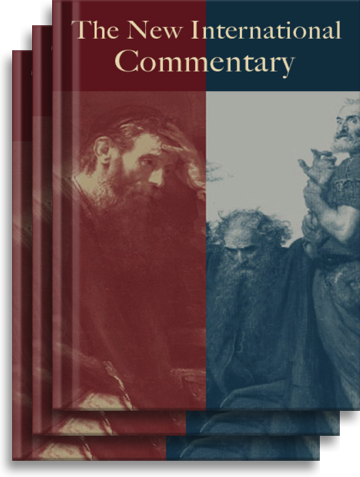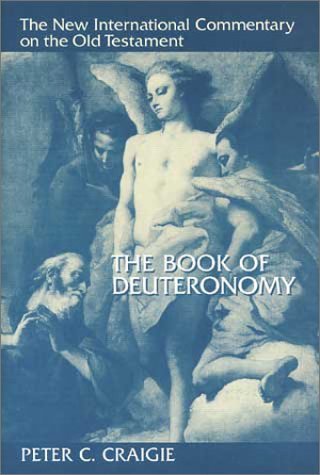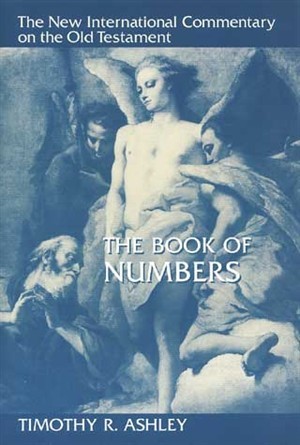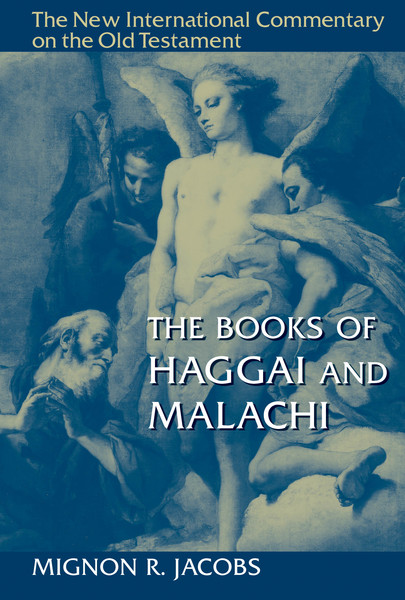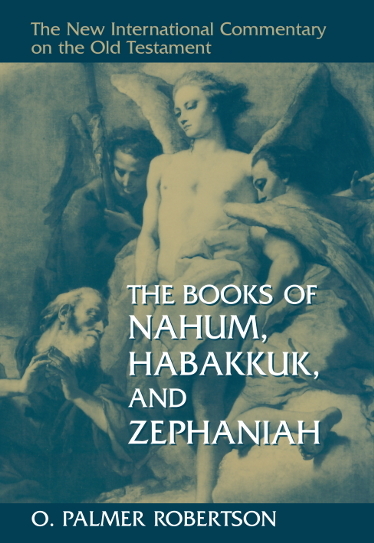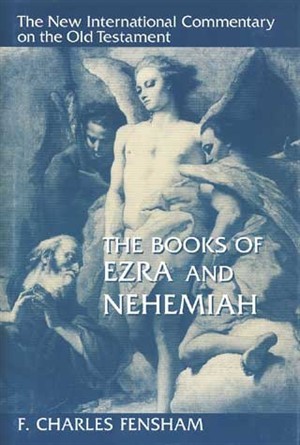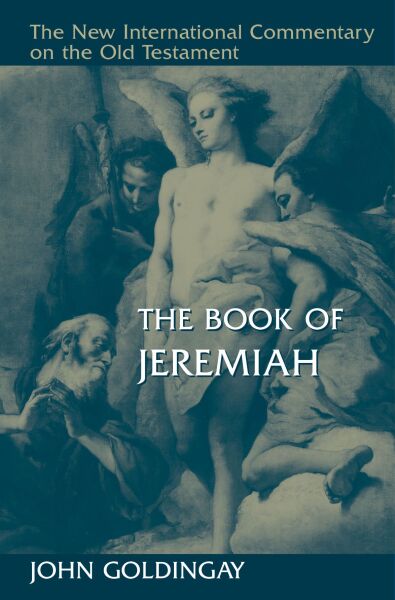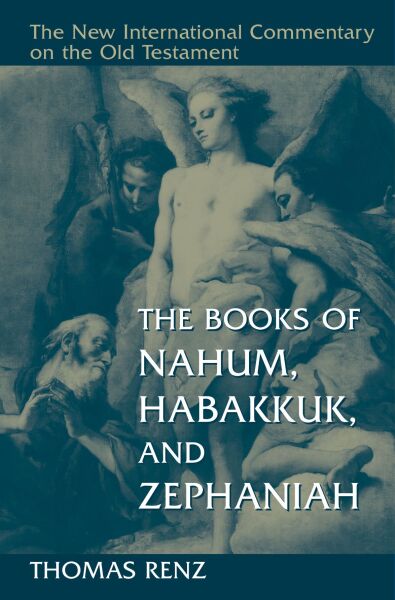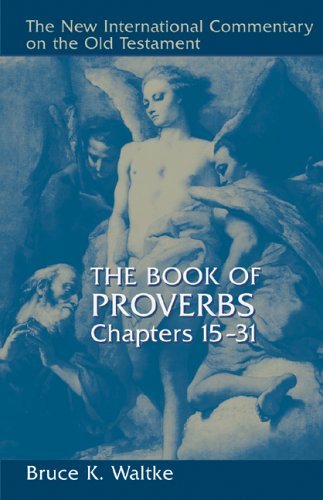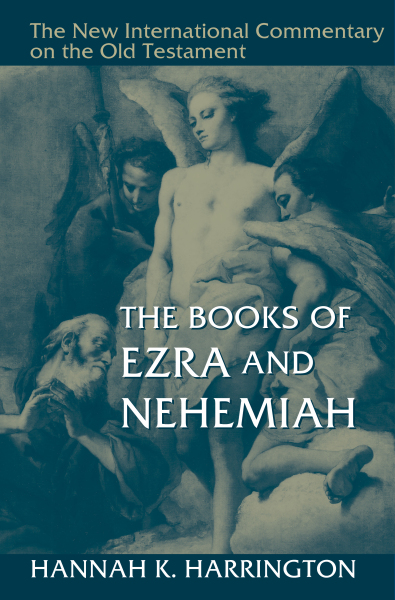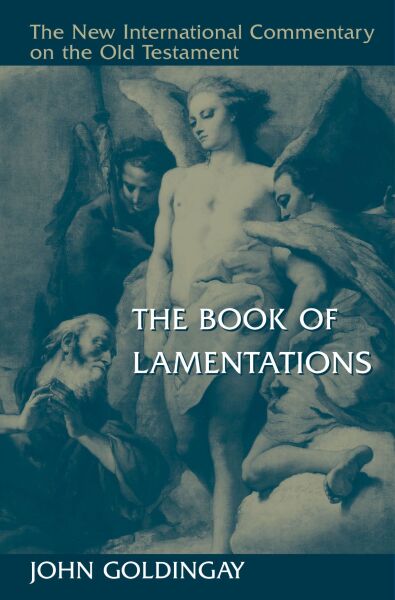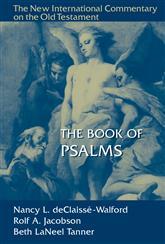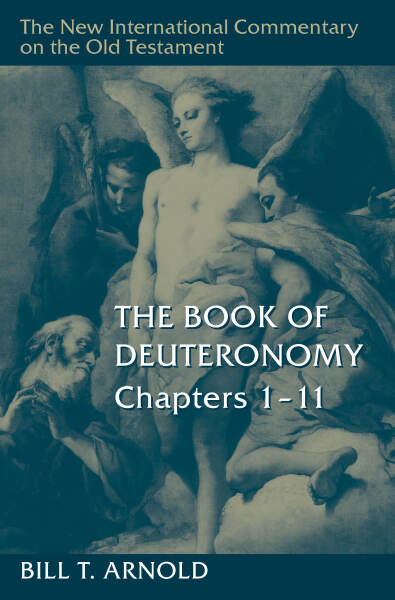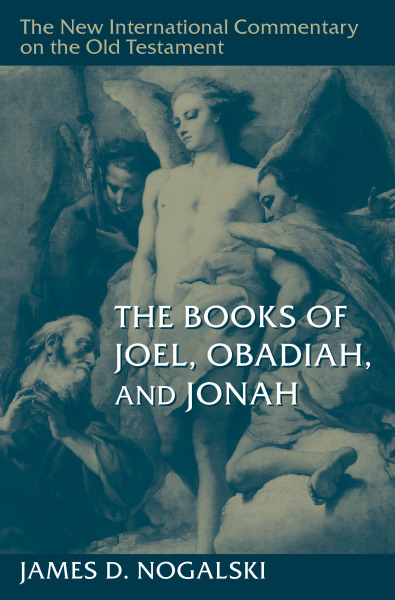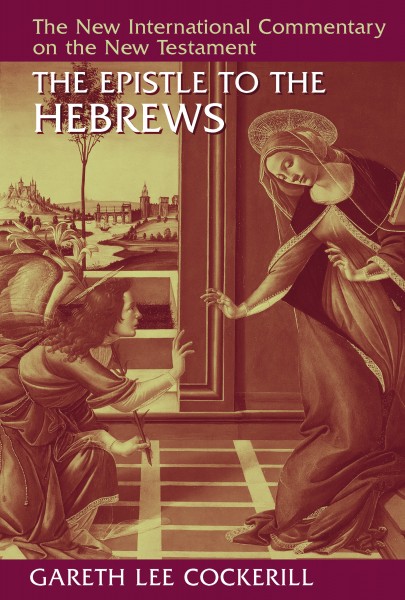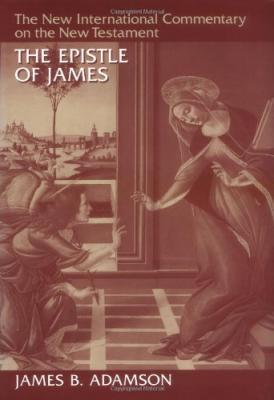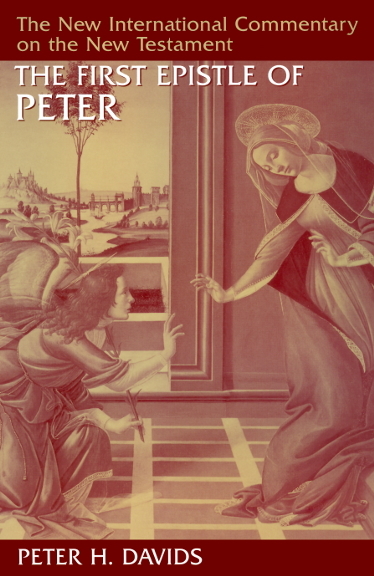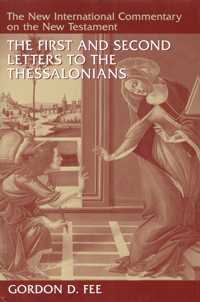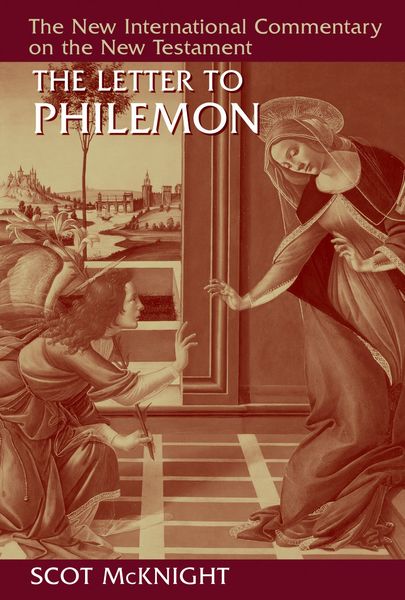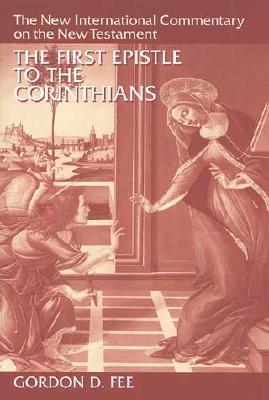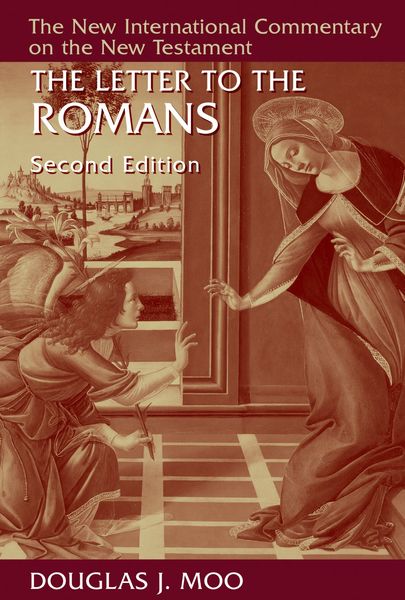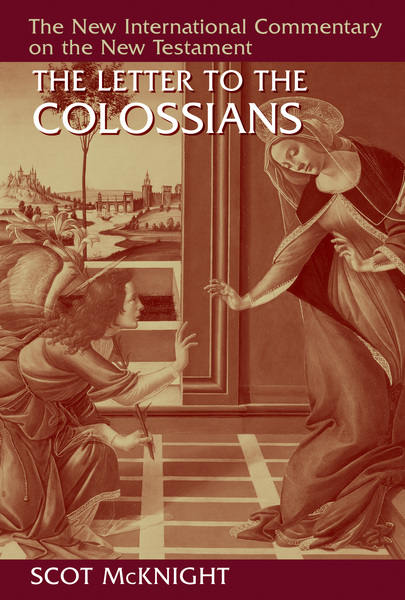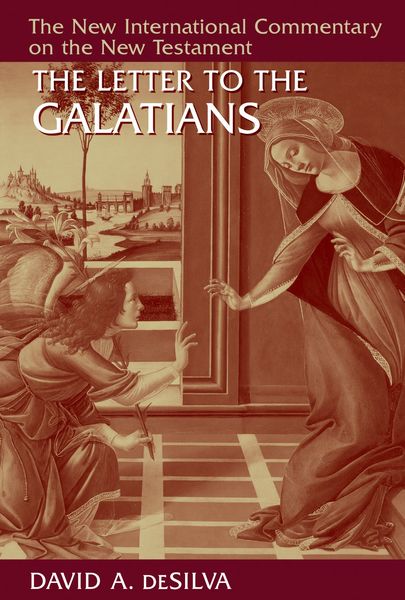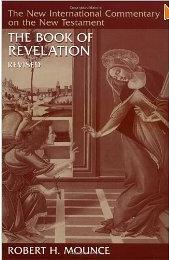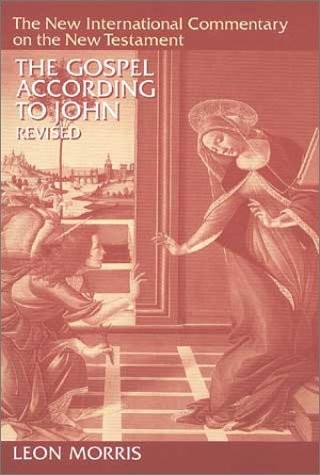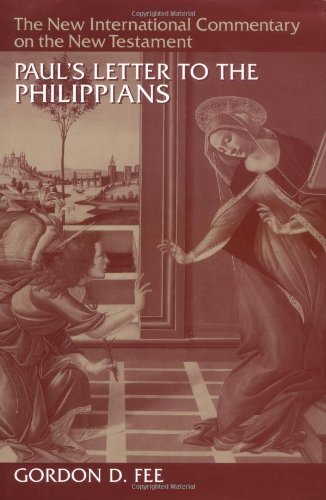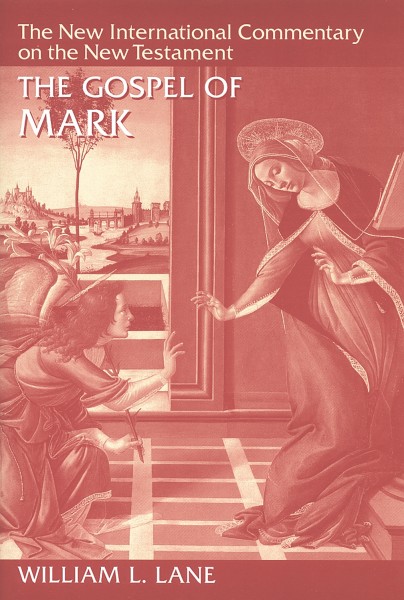

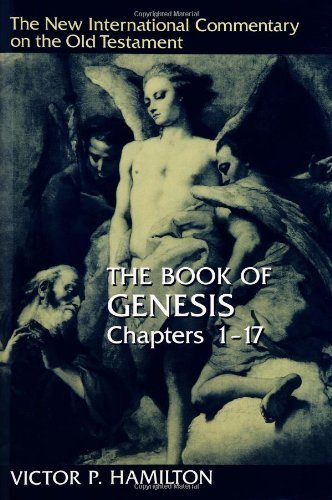
New International Commentary on the Old Testament (NICOT): The Book of Genesis 1-17

New International Commentary on the Old Testament (NICOT): The Book of Genesis 1-17
This first part of Victor P. Hamilton’s New International Commentary on Genesis seeks to provide clarity on these first seventeen chapters—chapters that have been theologically essential (and debated) for many years. Hamilton writes an introduction that covers structure, composition, canonicity, the text itself, interpretive problems, and theology.
Hamilton’s expert knowledge on Genesis’ context—the ancient Near East—helps you understand scripture as it would have been understood thousands of years ago. He also demonstrates his expertise in contemporary scholarship, so you don’t miss out on today’s scholarly advances. However, contrary to many scholars, Hamilton defends Genesis’ literary and theological unity.
You’ll also see the beauty of Genesis’ central focus: that of reconciliation and continued relationship with Him despite the failings of people. This has many ties into the New Testament and the early church—you’ll get to see how the first Christians used Genesis in their own time.
New International Commentary on the Old Testament - Series Editor: Robert L. Hubbard Jr.
Maneuvering through Levitical laws, bloodshed in Joshua, or Daniel's apocalyptic visions, sincere readers often wonder what the Old Testament means and how it can be the Word of God. For several decades the New International Commentary on the Old Testament has helped countless people traverse this difficult literary terrain.
All the NICOT volumes combine superior scholarship, an evangelical view of Scripture as the Word of God, and concern for the life of faith today. Each volume features an extensive introduction treating the biblical book's authorship, date, purpose, structure, and theology. The author's own translation of the original Hebrew and verse-by-verse commentary follow. The commentary itself carefully balances coverage of technical matters with exposition of the biblical text's theology and implications.
